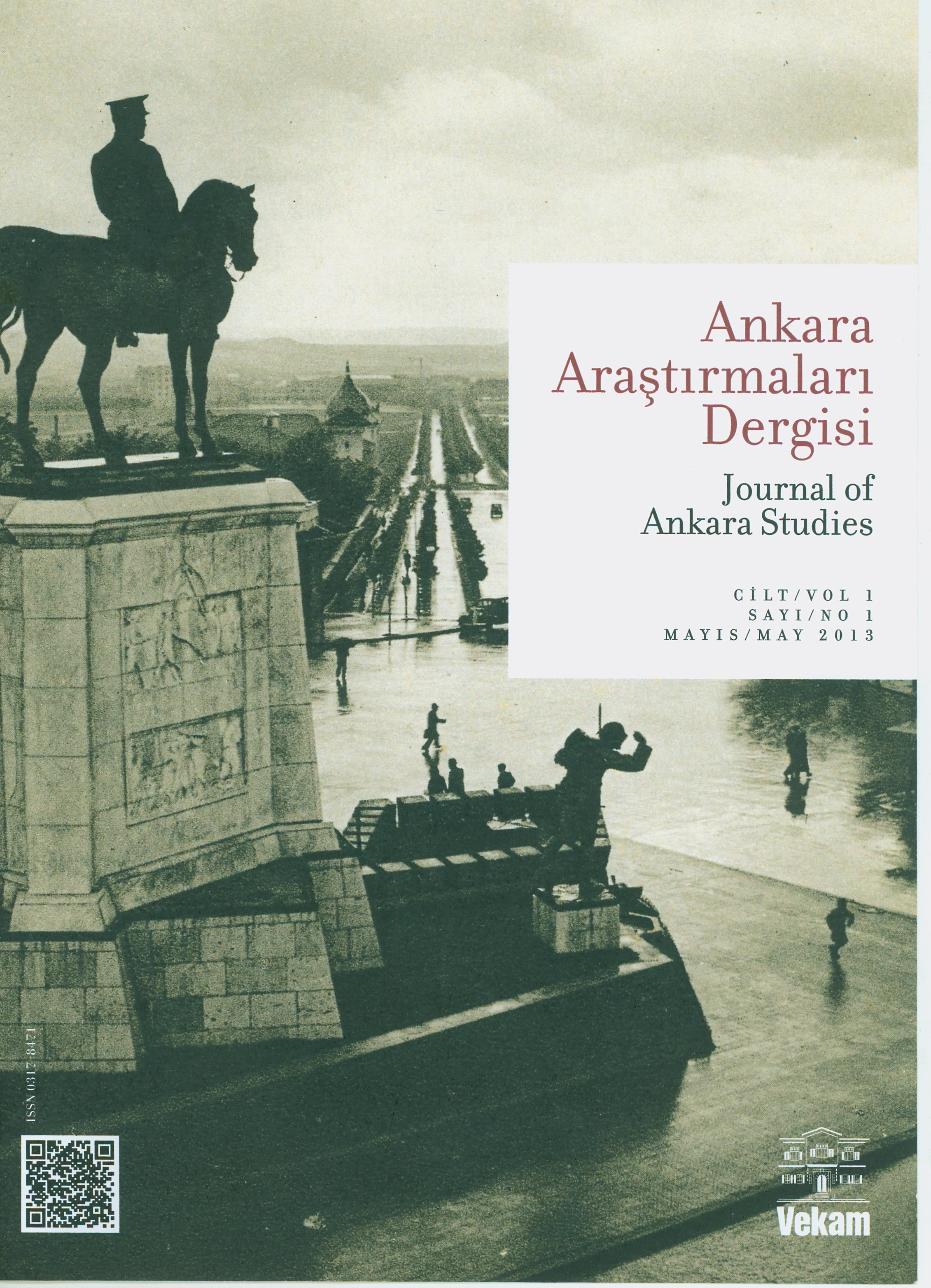18. yüzyılda Yabanabad kazasında görülen kanunsuzluk hareketleri
Mustafa KayaCelal Bayar Üniversitesi, Fen-edebiyat Fakültesi, Tarih Bölümü, ManisaToplumsal hayatın huzurunu ve düzenini bozan kanunsuzluk hareketlerine, her toplumda olduğu gibi Osmanlı toplumunda da sıkça rastlanmıştır. Bu yasadışı hareketler, köyden kente kadar her türlü yerleşim yerinde görüldüğü gibi, duruma göre bireysel veya toplu
olarak yapılagelmiştir. Huzurun sağlanması adına halktan gelen şikâyetleri her zaman dikkate alıp çözüm üreten devlet, özellikle mal ve parayı gasp etme, toprağa ya da haneye tecavüz, cana kastetme gibi olayların ve bunları yapan insanların her zaman karşısında
olmuştur. Bu çalışma ile 18. yüzyılda Ankara’nın Yabanabad kazasında görülen kanunsuzluk hareketleri, arşiv belgelerindeki ve şeriye sicillerindeki ilgili hükümler ve bilgiler doğrultusunda incelenmiş, böylelikle dönem içinde cereyan eden olayların hangi hallerde kanun dışı olarak nitelendiği, yapılan kanunsuzluklar karşısında halkın nasıl etkilendiği ve ne gibi tepkiler verdiği; devletin bu hareketlerde bulunanlara karşı nasıl bir tutum sergilediği ve nasıl bir çözüm ürettiği konuları üzerinde durulmuştur.
Anahtar Kelimeler: 18. yüzyıl, Kızılcahamam, Yabanabad, Kanunsuzluk, Zulüm
Illegal acts at Yabanabad district in the 18th century
Mustafa KayaCelal Bayar University, Faculty Of Arts & Sciences, Department Of History, Manisa, TurkeyJust as they do everywhere, illegal acts disturbing the peace and order of the social life also took place frequently in the Ottoman society. They occured in all residential areas ranging from the villages to the cities, and were committed either by individuals or people banded together. The state administration, taking the public complaints seriously and seeking solutions for the sake of communal peace, always stood against those involved personally or collectively in cases of cruelty, especially in those of seizure of goods and usurping of money, encroachment of estate or mansion, and aggressions against one’s life. In this study, we investigated the illegal acts that took place at Yabanabad district of Ankara in the 18th century, with regard to the information and related regulations contained in the archival records and the law registers, so as to see into which events of this period were considered unlawful, how the victimized people reacted to illegal assaults, how the state treated those
involved in such crimes, and what sort of judicial proceedings were implemented in preventing these problems.
Keywords: 18th century, Kızılcahamam, Yabanabad, Illegality, Cruelty
Makale Dili: Türkçe













